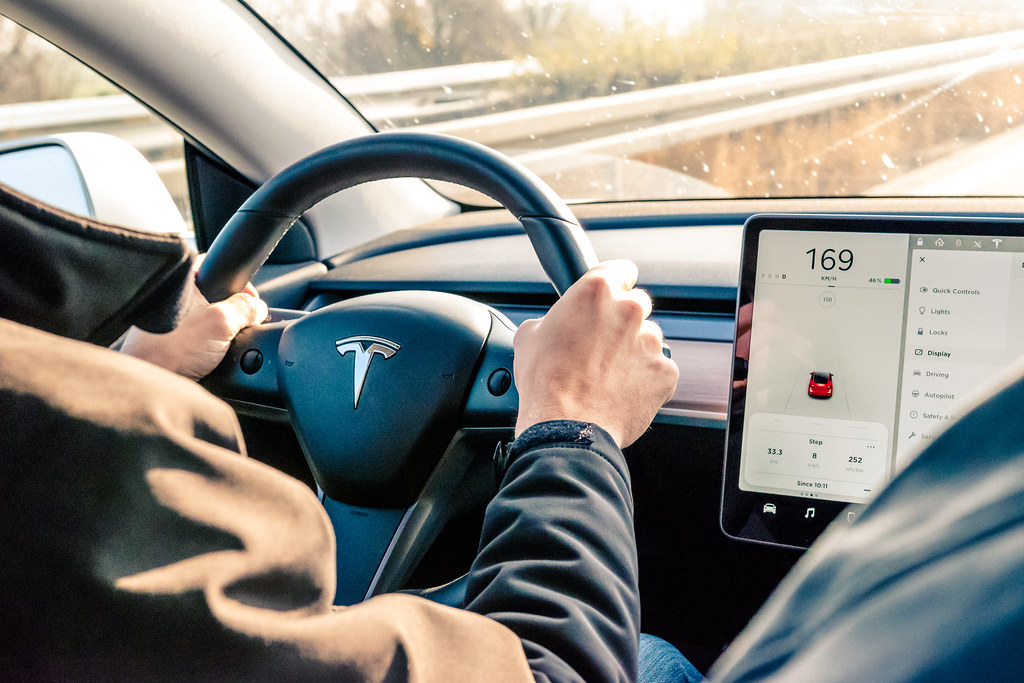Tesla in fresh legal battle over self-driving technology - 2 minutes read

An American judge has suggested Elon Musk, amongst other executives at Tesla, may have been aware of shortcomings in the company’s self-driving technology.
The ruling came from the Palm Beach County Circuit Court in Florida. Judge Reid Scott declared “reasonable evidence” that the electric car maker’s CEO and other executives were aware of defects in the company’s self-driving technology, reports The Associated Press. Despite this knowledge, the judge claimed that Tesla allowed its cars to be operated unsafely. The ruling asserts Tesla employed a marketing strategy portraying its products as fully autonomous, with Musk’s public statements significantly influencing perceptions of the technology’s capabilities.
The fatal 2019 crash which put Tesla in legal crosshairs
The decision paves the way for a lawsuit related to a 2019 crash near Miami involving a Tesla Model 3. The vehicle collided with an 18-wheeler truck, resulting in the death of driver Stephen Banner. Banner’s wife sued, accusing the carmaker of intentional misconduct and gross negligence. This legal action could potentially expose Tesla to punitive damages. Referring to the ruling, Scott drew parallels between Banner’s mishap and Tesla’s first fatal incident involving autopilot in 2016. In the incident, a Model S was in a devastating collision with a semi-truck, which sheared off the top of the car, killing the driver.
Inadequate warnings and marketing strategies
Judge Scott also found merit in the argument that Tesla’s warnings in its manuals and “clickwrap” were insufficient. Additionally, the judge emphasized a 2016 video showcasing a Tesla vehicle operating without human input. The absence of disclaimers indicating the video’s aspirational nature raises concerns about the company’s transparency.
Furthermore, the judge said the $730 billion organization “made strong public statements and engaged in a marketing strategy that painted the products as autonomous” despite indications of their fallibility.
But the ruling in Florida comes after a legal triumph for Tesla in California. In an October tribunal, a court vindicated Tesla’s driver-assistance software in a horrific accident that cost a driver their life and left two passengers significantly injured.
No new trial date has been set for the Palm Beach case.
Featured image: Flickr/Jakob Härter under Creative Commons 2.0 license.
Source: ReadWrite
Powered by NewsAPI.org